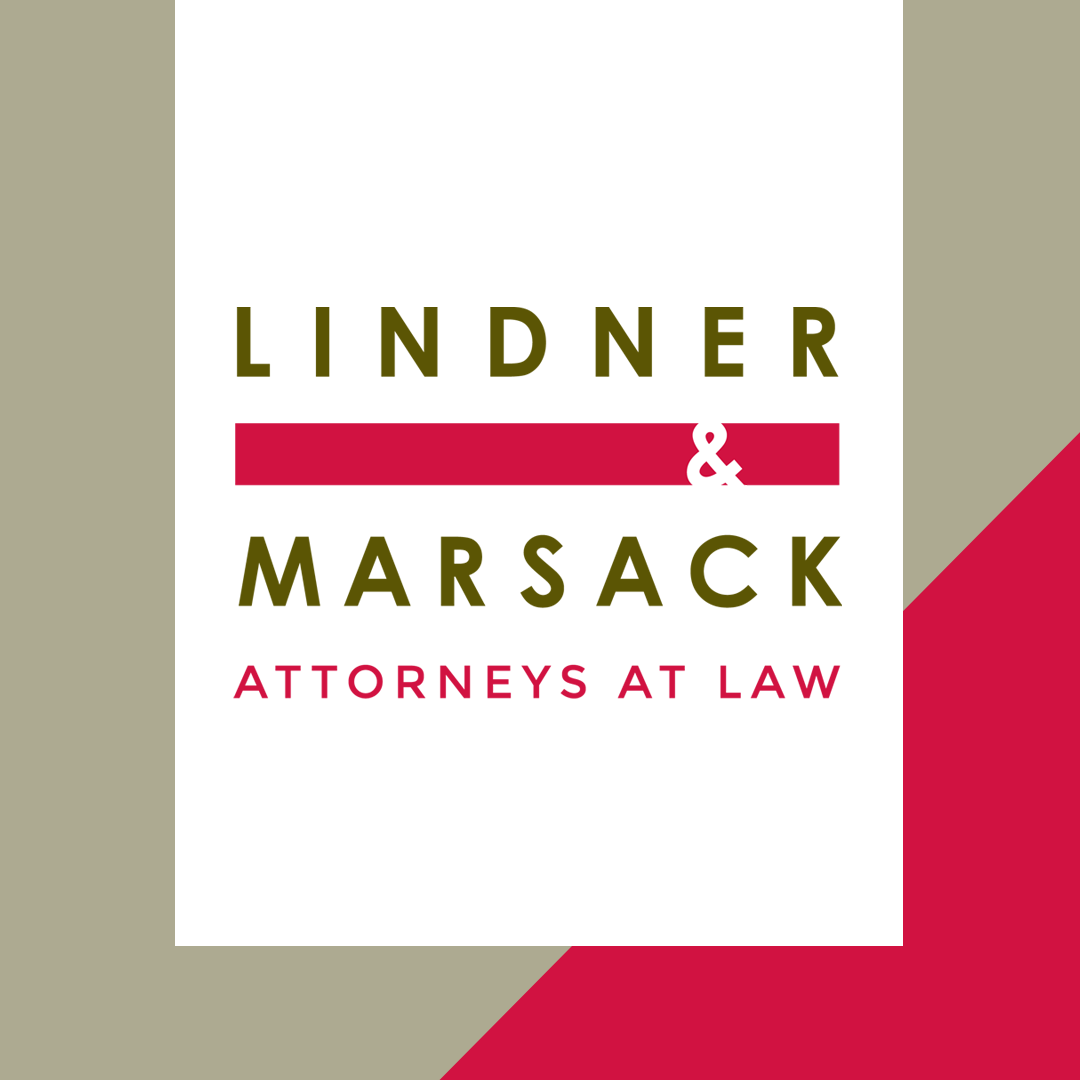This summer, Lindner & Marsack’s Daniel Finerty published his sixth scholarly article for the Wisconsin Defense Counsel’s (WDC) Wisconsin Civil Trial Journal. In the same issue, he was honored with the Journal’s 2023 Publication Award. Daniel’s current article, “Employment Law for Defense Attorneys and Insurance Professionals: a Process-Oriented Approach,” introduces and provides background regarding the […]

